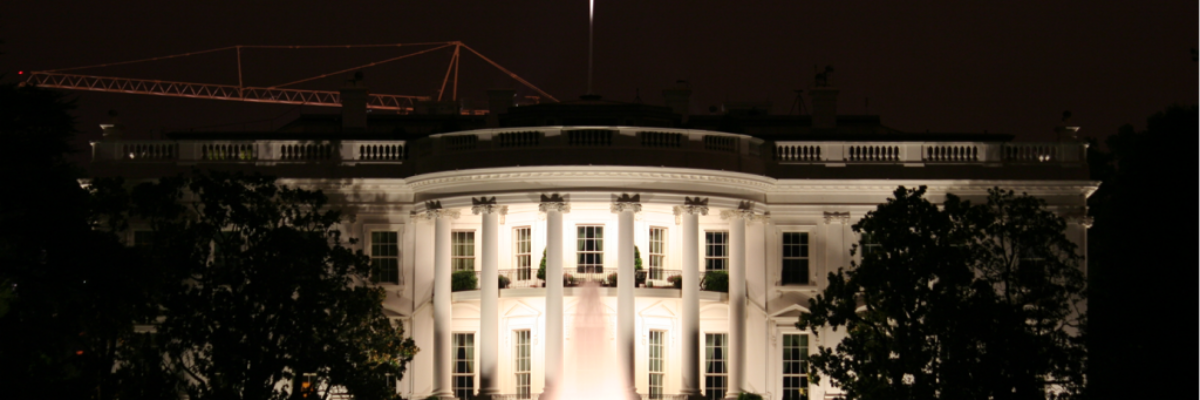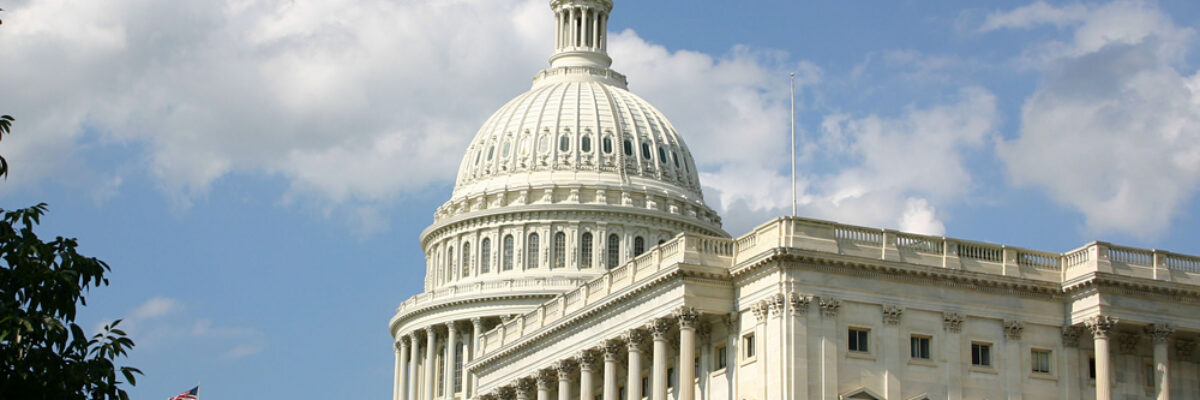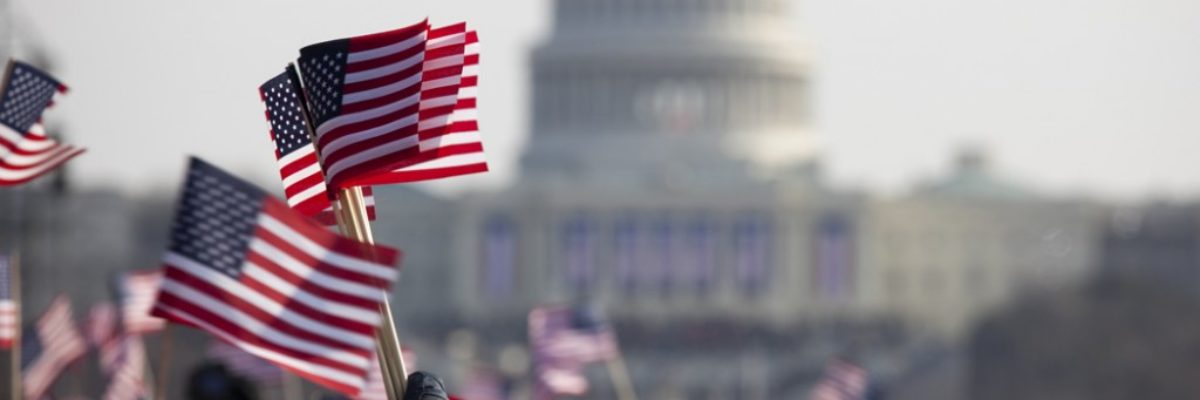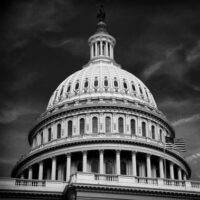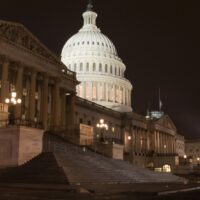The Coalition for Sensible Safeguards is an alliance of more than 220 consumer, labor, scientific, research, faith, community, environmental, small business, good government, public health, and public interest groups — representing millions of Americans. We are joined in the belief that our country’s system of regulatory safeguards should secure our quality of life, pave the way for a sound economy, and benefit us all. Follow us on Bluesky.
MODERNIZING REGULATION
The EXPERTS Act is the leading comprehensive blueprint for modernizing, improving, and strengthening the regulatory system to protect the public more effectively. It would increase public input into the rulemaking process, promote scientific integrity, and restore our government’s ability to deliver results for workers, consumers, public health, and our environment. In addition, the bill would restore Chevron deference by codifying it into law.
DEFEATING ANTI-REGULATORY BILLS
CSS is fighting to defeat legislative proposals that sabotage and corrupt the rulemaking process. Some of these bills would paralyze the work of agencies throughout our government. Others would upend fundamental principles of administrative law that form the basis of our system of public protections. All of these bills would put our food, air, water, homes, workplaces, and pocketbooks – not to mention our economy – in serious jeopardy.
FIGHTING FOR A CLEAN BUDGET
Every year, unscrupulous lawmakers try to sneak harmful poison pill policy riders into the annual spending bills as special favors for big corporations and far right extremists. These measures are wildly unpopular, have nothing to do with funding our government, could not pass on their own merits, and must be removed from any final spending package. CSS founded the Clean Budget Coalition to fight off dozens, in some cycles hundreds, of poison pills that attack worker, consumer, health, safety, and environmental protections.
OPPOSING THE CONGRESSIONAL REVIEW ACT
The Congressional Review Act (CRA) allows Congress by simple majority vote in both chambers with limited debate, no possibility of a filibuster, and the president’s signature to overturn recently issued regulations. CSS opposes the CRA itself as well as resolutions of disapproval striking down vital regulatory safeguards.

